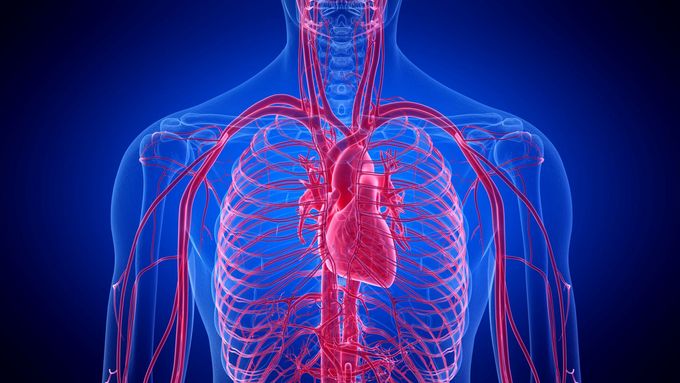Extreme Temperatures Lead to More Cardiovascular Deaths
12.12.2022
According to a large-scale analysis of more than 32 million cardiovascular deaths over four decades, more deaths occur on very hot and very cold days. Swiss TPH contributed to this multinational study, which was published today in the journal Circulation of the American Heart Association.

Extremely hot and cold temperatures both increase the risk of death among people with cardiovascular diseases such as ischemic heart disease (heart problems caused by narrowed heart arteries), stroke, heart failure and arrhythmia, according to new research published today in the American Heart Association’s journal Circulation.
Among the types of cardiovascular disease, people with heart failure experienced the most additional deaths when temperatures were at extremes.
Multiple country research collaboration
Researchers explored how extreme temperatures may affect heart diseases – the leading cause of death globally. They analysed health data for more than 32 million cardiovascular deaths that occurred in 567 cities in 27 countries on 5 continents between 1979 and 2019. The global data came from the Multi-Country Multi-City (MCC) Collaborative Research Network, a consortium of epidemiologists, biostatisticians and climate scientists studying the health impacts of climate and related environmental stressors on death rates. Swiss TPH supported the study as member of the MCC Collaborative Research Network.
People with heart failure at higher risk
For this analysis, researchers compared cardiovascular deaths on the hottest and the coldest 2.5% of days for each city with cardiovascular deaths on the days that had optimal temperature (the temperature associated with the least rates of deaths) in the same city.
For every 1,000 cardiovascular deaths, the researchers found that extreme hot days accounted for 2.2 additional deaths and extreme cold days accounted for 9.1 additional deaths. Of the types of heart diseases, the greatest number of additional deaths was found for people with heart failure (2.6 additional deaths on extreme hot days and 12.8 on extreme cold days).
“Climate shifts toward warmer temperatures may further increase the burden of heat-related mortality in many countries,” said Martina Ragettli, epidemiologist at Swiss TPH and co-author of the study. “That is why effective public health measures are crucial to ensure heat-related mortality does not become an even larger problem in the future.”
Extreme temperature and cardiovascular mortality in Switzerland
Swiss TPH assessed the effect of heat on cardiovascular mortality and morbidity in Switzerland in previous studies. Similar to the study published in Circulation, Swiss TPH researchers reported increased cardiovascular mortality risk at hot days, especially for the disease groups heart failure, hypertension, arrhythmia and stroke. The study found indications that inadequate dose reductions in antihypertensive drugs increase the risk for cardiovascular mortality on hot days.
The heat-related cardiovascular risk may also depend on individual risk factors. A Swiss TPH study assessing heat-related cardiovascular mortality in Zurich reported higher heat-related cardiovascular mortality risk in older women with lower socioeconomic position and education. “Identification of the most vulnerable population groups for heat-related health effects is essential to refine prevention campaigns and protect them from extreme heat,” said Ragettli.
Contact

Martina Ragettli
Dr.
Project Leader
+41612848729
,
-
martina.ragettli@swisstph.ch
Stay connected
Subscribe to our newsletter and get all the latest research news, project updates, course and event listings from Swiss TPH.